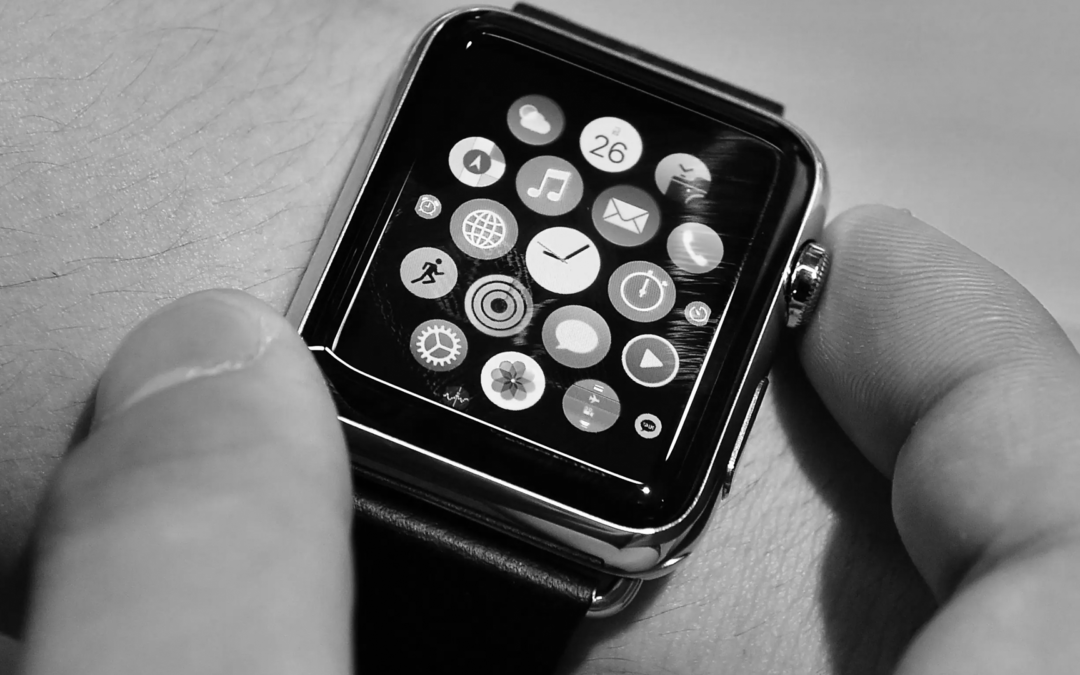In 2024, the ever-evolving Apple Watch is set to transform the wearable tech market once again. Rumors have surfaced regarding the addition of three groundbreaking health monitoring sensors to the Apple Watch lineup. These sensors are expected to provide valuable insights into prediabetes, rising blood pressure, and sleep apnea, demonstrating Apple’s commitment to expanding its presence in the health and fitness industry. In this article, we’ll delve into the latest reports surrounding the Apple Watch’s health monitoring capabilities, its potential impact on healthcare, and the challenges it might face.
Apple Watch’s Evolution as a Health and Fitness Device
Apple’s foray into the health and fitness sector has been marked by continuous innovation. Recent upgrades include fertility tracking tools and a body temperature sensor introduced in 2022. Additionally, there were speculations about an AI-powered health coach capable of creating customized health plans based on biometric and behavioral data from the watch, indicating Apple’s ambition to make a significant impact on the healthcare industry.
Rumored Health Sensors
The upcoming health sensors for the Apple Watch are expected to serve as non-treatment and non-diagnostic tools. Their primary purpose is to provide users with early warnings and insights into their health. Let’s take a closer look at these rumored sensors:
- Blood Glucose Monitoring: The Apple Watch is rumored to feature a blood glucose monitoring system that can warn users if they are prediabetic. This sensor employs a noninvasive method of shining light through the skin to measure blood glucose levels. However, it’s important to note that this feature won’t provide actual blood sugar readings for individuals already diagnosed with diabetes.
- Blood Pressure Sensor: The next-generation Apple Watch is anticipated to include a blood pressure sensor capable of detecting elevated blood pressure. It will also come with a “blood pressure journal” similar to Apple’s other personal tracking offerings. This journal will help users monitor external factors contributing to hypertension. Nevertheless, it won’t provide exact systolic and diastolic measurements for treatment purposes.
- Sleep Apnea Sensor: Another exciting addition to the Apple Watch is a sleep apnea sensor. This sensor will analyze breathing patterns during sleep to estimate if a user may have sleep apnea. Additionally, it will offer suggestions regarding when they should consider consulting a physician, further enhancing the watch’s sleep tracking capabilities.
Apple’s Expanding Healthcare Ecosystem
These new health monitoring features are expected to coincide with the introduction of a subscription-based and AI-powered health service, as reported by Bloomberg. While Apple’s ultimate goal is to revolutionize healthcare, it’s important to note that these features are still in the development stage under Apple’s Exploratory Design Group. The company appears to be cautious about venturing into post-diagnosis care due to concerns about regulatory complications and the risk of misdiagnosis.
Challenges and Concerns
Apple’s journey into healthcare represents a strategic shift aimed at creating an all-encompassing health technology ecosystem. However, this expansion raises several concerns and challenges:
- Data Bias and Privacy: As the Apple Watch collects a vast amount of health-related data, concerns regarding data bias and user privacy have emerged. Ensuring that this data is used ethically and securely is essential.
- Healthcare Accessibility: High healthcare costs and limited access to healthcare services have led many individuals to explore more affordable health monitoring options. Apple hopes its products, including the rumored health sensors, will bridge the accessibility gap and provide valuable insights to users.
Conclusion
The Apple Watch’s evolution into a comprehensive health and fitness companion is an exciting development in the wearable tech industry. With rumored health sensors that can provide early warnings about prediabetes, rising blood pressure, and sleep apnea, Apple continues to push the boundaries of health monitoring. While there are challenges and concerns to address, Apple’s commitment to enhancing healthcare accessibility and data security is evident. As we await official confirmation and release, the future of health monitoring with the Apple Watch appears promising, offering users new tools to take control of their well-being.

Erin Balsa is a highly skilled and knowledgeable health journalist with a passion for educating the public on important health and wellness topics. With extensive experience in both traditional and digital media, Erin has established herself as a trusted voice in the field.

